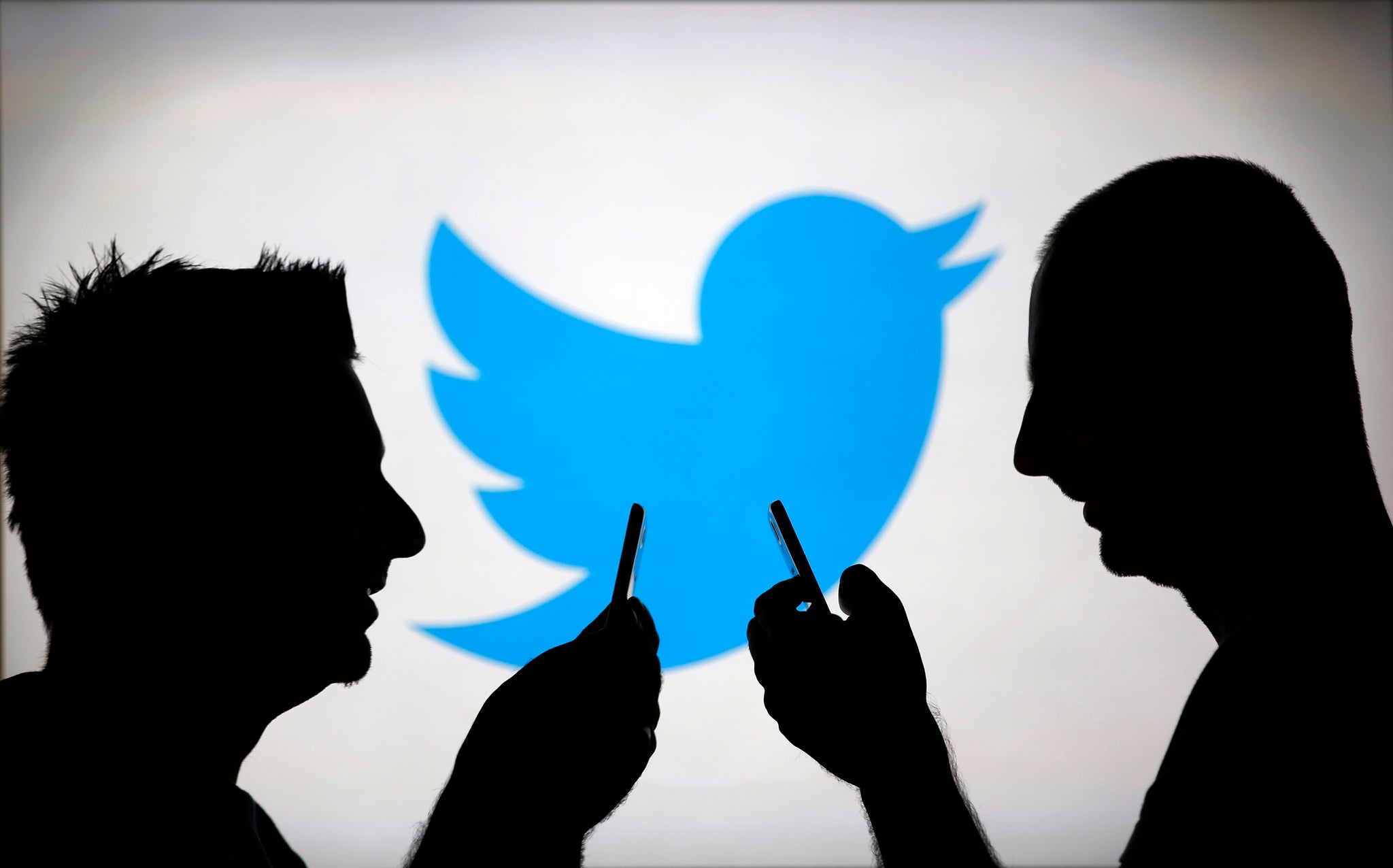10,000 racist slurs posted on Twitter each day, study finds
Twitter trolls: Isabella Sorley and John Nimmo pleaded guilty to sending menacing tweets on 7 January and were jailed 24 January

10,000 tweets containing racist slurs are posted on Twitter every day according to a major new study by the think tank Demos.
Researchers from the organisation’s social media unit analysed 126,975 English-language tweets over a 9-day period, finding that the most common slurs included ‘whitey’, ‘p*ki’ and ‘pikey’.
The most frequently used racial slur was, by a long margin, ‘white boy’. Just less than half of all tweets (48.9 per cent) containing racial slurs used the term, with an average daily use of 4,890 tweets a day.
However, the researchers stressed that nearly three quarters (70 per cent) of all tweets containing racial slurs were used in a non-derogatory fashion, often invoking the terms to describe “themselves or their own community”.
“While there are a lot of racial slurs being used on Twitter, the overwhelming majority of them are not used in an obviously prejudicial or hateful way,” said Jamie Barlett, director of the CASM social media unit at Demos and author of the report.
“This study shows just how difficult it is to know what people really mean on the basis of a tweet. Context is king, and often it’s more or less lost on Twitter.”
Demos estimated that between 50 per cent and 70 per cent of tweets were used to express solidarity with a certain group and cited ‘p*ki’ as one term that has been re-appropriated by users identifying themselves as of Pakistani descent.
In response to the research a Twitter spokesperson said “Twitter is a social broadcast network that enables people and organizations to publicly share brief messages instantly around the world. This brings a variety of users with different voices, ideas and perspectives.”

Users are allowed to post content, including potentially inflammatory content, as long as they’re not violating the Twitter Rules. It’s important to know that Twitter does not screen content or remove potentially offensive content.”
Like many social media platforms, Twitter faces an ugly struggle with individuals who use the site for posting racist or abusive messages. While the internet has a long history of enabling the practice of online bullying and baiting, critics of the micro-blogging site say it does not do enough to counter such abuse.
The Department for Culture, Media and Sport (DCMS) has said that last year there were more than 2,000 prosecutions under section 127 of the Communications Act covering online material and have said that “The fundamental principle for internet-hosted material is that what is illegal offline is also illegal online."
Others on Twitter have mounted their own response, such as the @yesyoureracist account operated by Logan Smith. Writing for The Independent last year, Smith said he started the account “to disabuse people of the myth of a post-racial society one tweet at a time.”
"The most disturbing thing about @YesYoureRacist isn’t the racism itself," says Logan. "It’s that the people I retweet - the vast majority of which appear to be teenagers - genuinely don’t understand whether they’re being racist."
Join our commenting forum
Join thought-provoking conversations, follow other Independent readers and see their replies
Comments
Bookmark popover
Removed from bookmarks